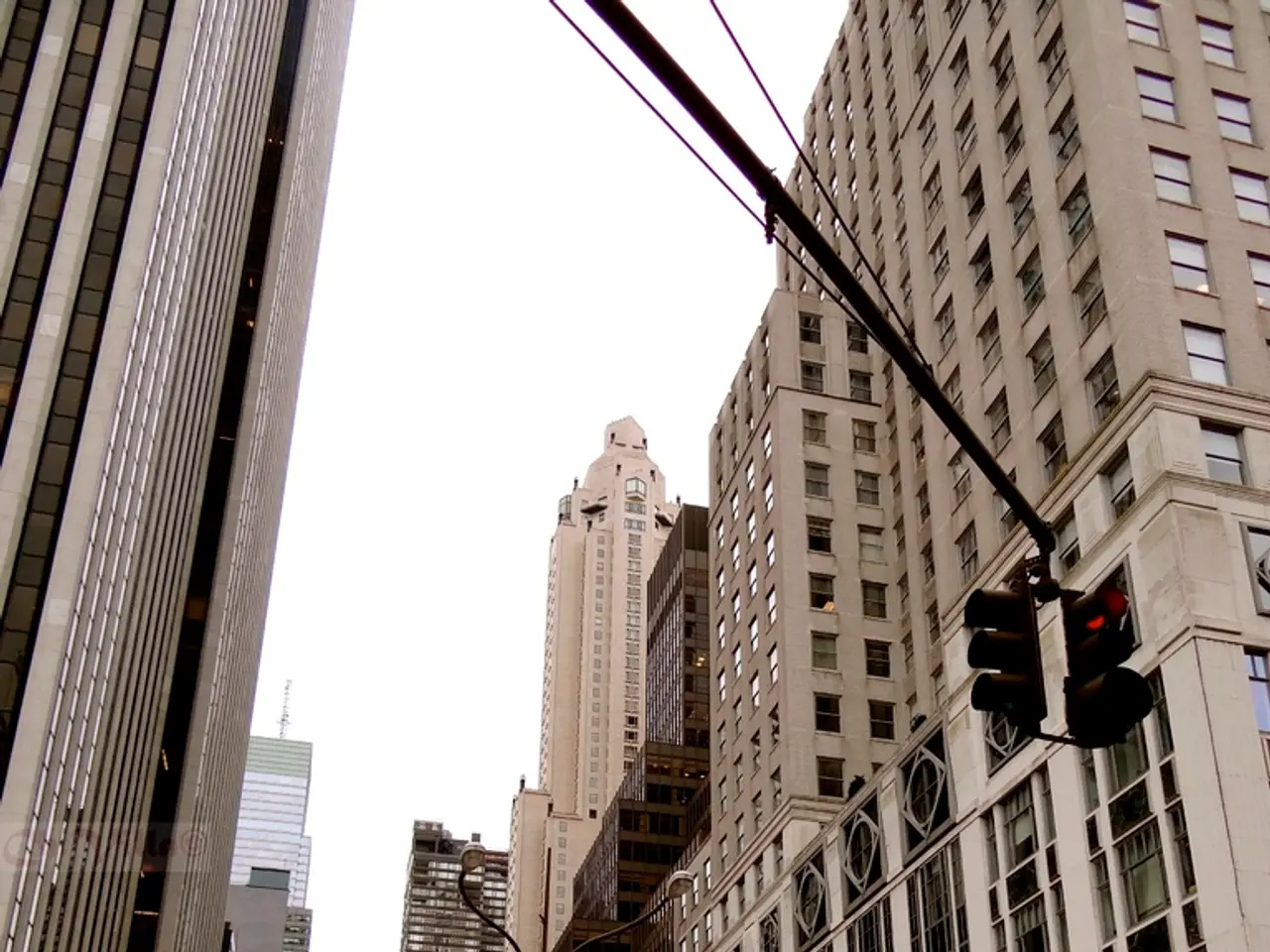Internet speed is a privilege, not a universal access, which encounters a predicament
=========================================================================================
Germany's slow rollout of fiber optic internet has been a topic of concern, with potential implications for the country's economic growth and competitiveness in the digital age. The country's reliance on old copper technology and bureaucratic hurdles have been key factors in its slower pace compared to other countries.
However, recent government strategies and increased investments indicate clear signs of improvement. The 2022 Gigabit and Digital Strategies, for example, aim for 50% of households and businesses with fiber optic connections by 2025 and nationwide full coverage by 2030.
The federal government has introduced measures such as increased subsidies, incentives for self-driven expansion, and regulatory changes to reduce bureaucratic obstacles to network rollout. These efforts have led to a rapid acceleration in the total fiber coverage, with 21.8 million homes passed in 2024, representing an annual growth rate of roughly 33%.
Regional rollout projects, often government-funded, are actively progressing with phased deployments scheduled for completion by 2025. Telecom operators like Deutsche Telekom and United Internet AG continue investing heavily in fiber infrastructure, supported by EU subsidies and competitive dynamics.
In Rhineland-Palatinate and Baden-Württemberg, the fiber optic connection rates are 40% and 33% respectively, both below the national average of 50%. Sven Knapp, from the Federal Association of Broadband Communication (BREKO), discusses the current state of fiber optic rollout in these regions and the potential benefits for residents who may not have previously considered it.
Knapp expresses optimism about the future of fiber optic rollout, particularly in terms of construction quality. He also emphasizes the importance of high-speed internet for streaming videos, browsing the web, or working from home. Knapp believes that even those not previously interested in fiber optic should consider getting a connection due to the ongoing progress and improvements in the rollout.
The lack of widespread fiber optic internet in Germany may hinder the country's ability to keep pace with other countries in terms of high-speed connectivity. However, with the government's ambitious targets and increasing investments, Germany is poised to accelerate its fiber optic rollout and catch up with other countries in the digital age.
References:
- German government aims for 50% fiber optic coverage by 2025
- Germany's digital strategy: What's next for fiber optic rollout?
- Germany's fiber optic rollout: Challenges and opportunities
- Why Germany is lagging behind in fiber optic internet rollout
- Deutsche Telekom to invest €7 billion in fiber optic infrastructure
Read also:
- Amazon customer duped over Nvidia RTX 5070 Ti purchase: shipped item replaced with suspicious white powder; PC hardware fan deceived, discovers salt instead of GPU core days after receiving defective RTX 5090.
- Twitter profile activity of user 'peng' shows a significant increase in Hong Kong, amidst preparations for the fourth-quarter launch of an extended-range Twitter profile feature
- GPS Tracking System Unveiled by RoGO Communications for Wildland Firefighting Operations
- 17 Tech Gadgets and Add-Ons Permanently Taking Up Space in My Mental Realm








